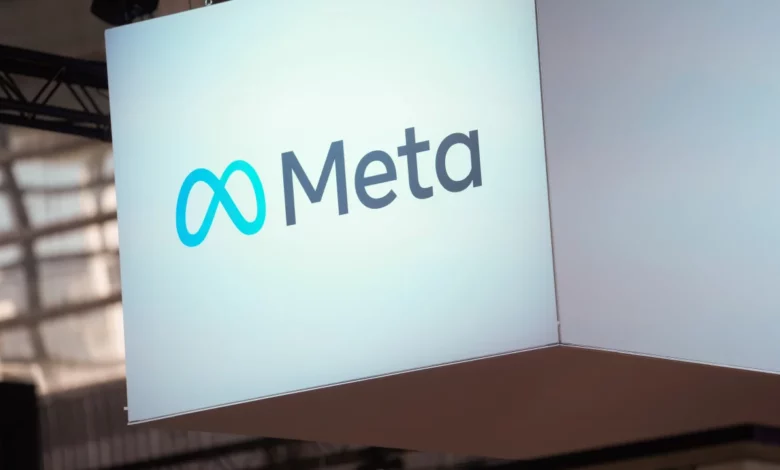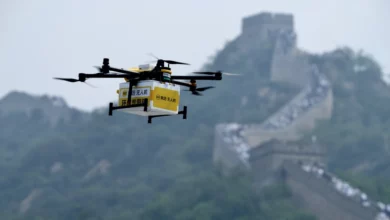
Meta took down thousands of Facebook accounts based in China that were impersonating Americans while posting on partisan issues like abortion and health care, the tech giant said Thursday while warning that “foreign threat actors are attempting to reach audiences” online ahead of the 2024 US election.
The fake Facebook accounts were mimicking, word for word, social media posts from Republicans such as presidential candidate and Florida Gov. Ron DeSantis and Democrats such as former House Speaker Nancy Pelosi.
Meta did not attribute the network of fake Facebook accounts to a particular entity in China.
It’s the latest in a series of warnings from tech firms documenting how Chinese propaganda and influence operations have more aggressively targeted American audiences in the last year. And it comes as US officials are bracing for a tumultuous and divisive presidential election in 2024 in which a large swath of the electorate may question the results and foreign powers — such as China, Russia and Iran — could try to influence voters and sow doubt about the voting process.
A gap in oversight
The report comes as US national security officials have suspended their work to flag potential foreign influence operations to social media platforms amid a legal challenge to that work from Republican attorneys general. Meta executives confirmed that US government agencies haven’t shared information with the platform related to foreign election interference since July, when Republicans brought the legal challenge. The US Supreme Court plans to take up the case.
Before the court case, “there are a number of times when a tip from government has enabled us to take action … quickly” against covert foreign influence operations, Nathaniel Gleicher, Meta’s head of security policy, told reporters.
It wasn’t clear, Meta said in a report on foreign online threats published Thursday, what the Chinese network of fake accounts was trying to accomplish. The tech giant said it took the network down before it got any engagement from real people on Meta’s apps.
“This is the most notable change in the threat landscape compared with 2020,” Ben Nimmo, Meta’s global threat intelligence lead, told reporters on Wednesday, referring to an increase in Chinese online influence operations in the last year aimed at audience around the world.
A new era of misinformation?
Russia’s sweeping attempt to interfere in the 2016 US elections showcased how trolls and bots can be used to amplify divisions among Americans. China has traditionally shied away from such direct and divisive interference tactics, according to analysis and US officials. But there are some signs that may be starting to change ahead of next year’s election.
Suspected Chinese operatives have also used images made by artificial intelligence-generated images of the Statue of Liberty and the Black Lives Matter movement in an attempt to spread disinformation, Microsoft analysts said in September report.
The Chinese government also has built up the world’s largest known online disinformation operation and is using it to harass US residents, politicians, and businesses — at times threatening its targets with violence, a recent CNN review of court documents and public disclosures by social media companies has found.
China routinely denies that troll farms operate from its soil.
“Some people and institutions have launched one ‘rumor campaign’ after another against China on social media platforms and spread a tremendous amount of disinformation about China,” said Liu Pengyu, a spokesperson for the Chinese Embassy in Washington, in a statement when CNN requested a comment.
While Meta and other tech firms tout their work to protect elections, recent moves by the company also show trends in the other direction.
Several members of Meta’s team that countered mis- and disinformation in the 2022 US midterms have been laid off, CNN reported in July. And Meta this month said it would allow political ads on its platforms to question the outcome of the 2020 US presidential election.




